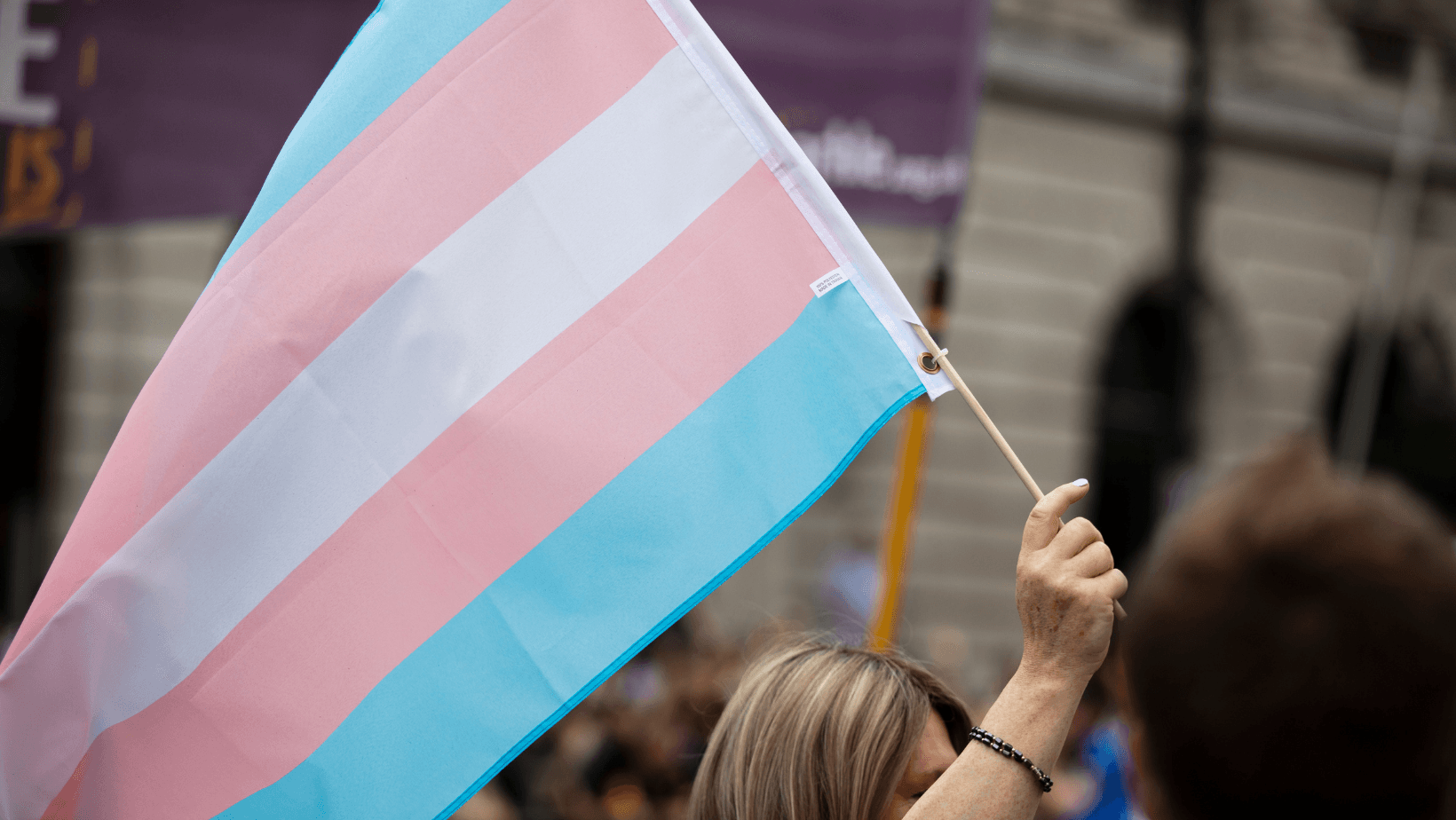How to Show Up for the Trans Community
November 13th-19th is Transgender Awareness Week, and in recognition of this week we’re sharing some ways that you can be an ally for transgender and gender diverse folks in your community.
- Ask for people's preferred pronouns, and use them. Using preferred pronouns fosters an inclusive environment, and can help affirm a person’s gender. You can normalize the usage of correct pronouns by sharing your own when you introduce yourself.
- Talk to your children and family members. Having conversations with the people in your life is a great way to help others learn about gender identities, and normalize the conversations.
- Respect trans and gender diverse people’s right to confidentiality. Always prioritize privacy and do not out people.
- Be patient with people who are exploring their gender identity. Gender identity discovery can be a long and deeply personal journey for many people, so offer support and understanding for those who may need it while they explore their identity.
- Practice using inclusive language that acknowledges and supports various gender identities. One example is to shift from saying things like “ladies and gentlemen” to address a group of people, and instead use “guests” so that no gender is assumed.
- Be mindful of microaggressions. Microaggressions and backhanded compliments, can cause emotional harm to trans and gender diverse folks, even if the person making the comment thought they were being supportive. Some examples of microaggressions are:
- “Did you have the surgery yet?”
- “I never would have guessed you are trans. You look so good!”
- “It’s so cool to have a trans friend.”
- Notice transphobic language that happens around you, and call it out. It is important to interrupt transphobic comments, whether they are casual or intentional. Speaking up when you hear something harmful can help others speak up as well.
- Do your own research. With so many resources available created by trans people and trans educators, you can learn about the issues affecting the community without asking a trans person uncomfortable or intrusive questions.
- Understand the intersectional issues that affect the trans community. Trans people of color and disabled trans people often face compounded challenges, particularly in access to healthcare, employment, housing, and education. Understanding intersectional issues can help you recognize your own privilege, and use it when advocating for others.
- Support organizations that support the trans community. There are many local and national organizations that are dedicated to bettering the lives and fighting for the rights of trans and gender diverse people. Some organizations include:
At The Blue Bench, we know that the trans community is disproportionately affected by sexual violence and are dedicated to providing care and support for trans survivors. If you or someone you love experienced sexual violence and you need support, we are here for you 24/7 at 303-322-7273 (English) and 303-329-0031 (Spanish).

